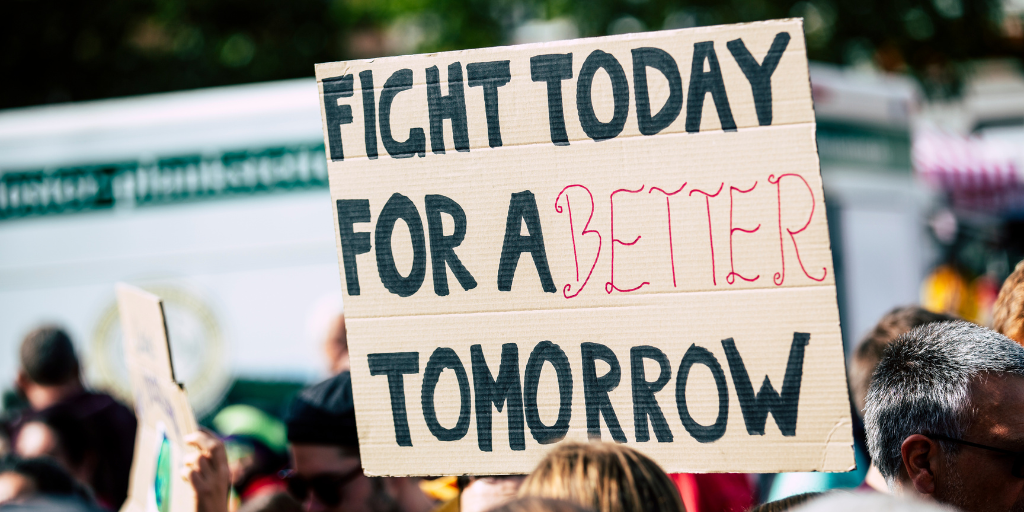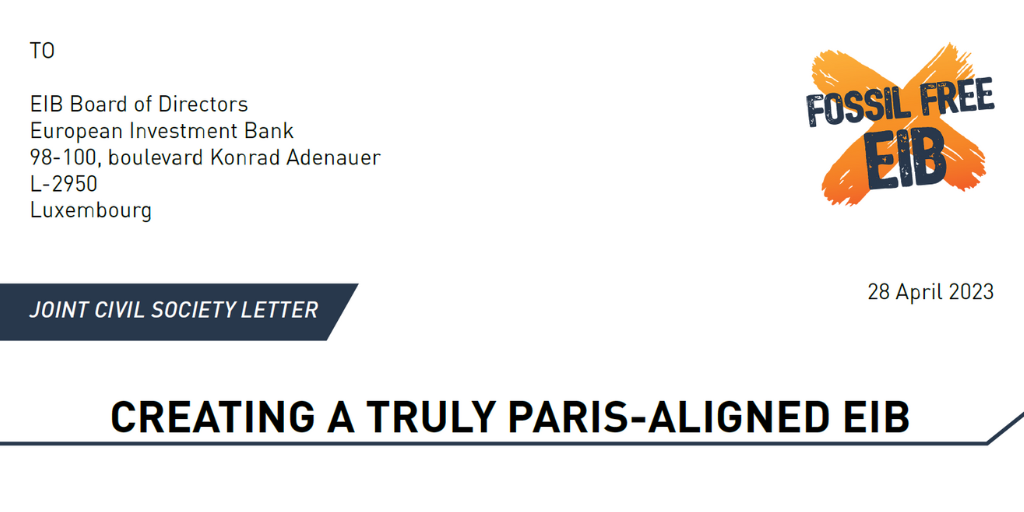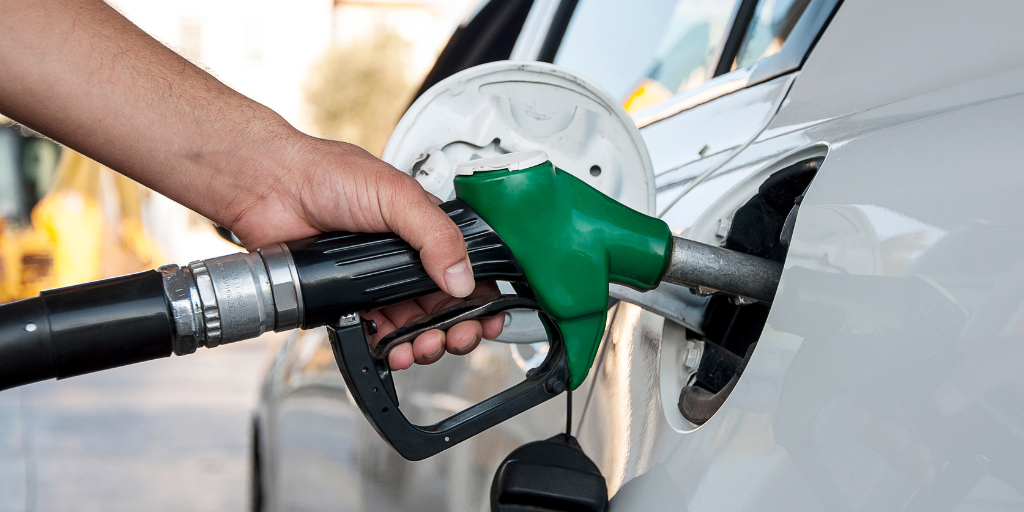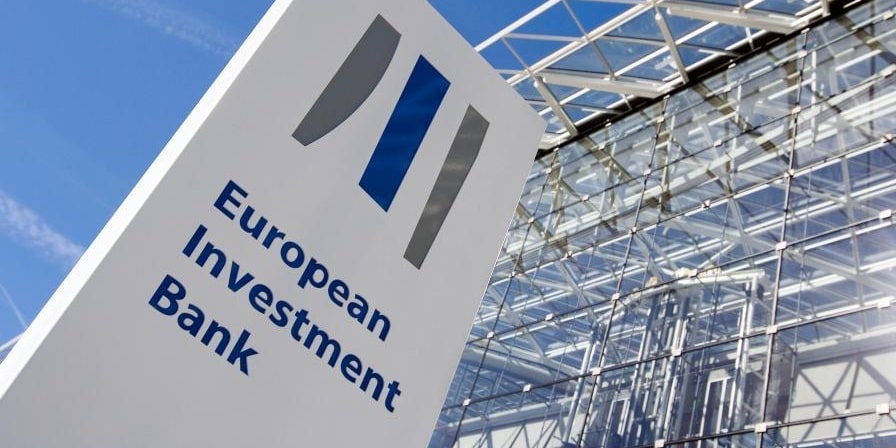Fulfilling Europe’s potential to lead on climate change
The European Investment Bank and the European Bank for Reconstruction and Development are both reviewing their energy sector lending policies. This is an opportunity to live up to their potential by combating climate change and promoting a sustainable future for all.
Find out how:
1
Loans to companies with a high share of fossil fuels in their power and heat generation portfolio need to be conditioned on the company committing to a decarbonisation plan aligned with the Paris Agreement prior to loan approval. The first emissions reductions must already be measurable within the lifetime of a project.
2
Given the danger of carbon lock-in and stranded assets, no financial support should be given to companies planning new coal power capacity at all, including buying or retrofitting existing coal assets. As fossil fuels are becoming not only an environmental but also financial liability, supporting companies planning new coal power plants cannot contribute to creating a transition to stable companies operating on market principles.
3
The banks need to incorporate the low-carbon transition into its project-level transition indicators to ensure that vulnerabilities resulting from fossil fuel exposure are taken fully into account in project design.
CASE STUDIES
The cases of Energa and CEŽ show that, while the companies were and are benefiting from the EBRD support, and while they are investing into various green projects, their core business is not decarbonising fast enough and in fact both companies invest into new or extension of coal.
The case studies on Elektroprivreda Srbije (EPS) and Bulgarian Energy Holding (BEH) are illustrative of mismanaged EBRD investments where potential emissions reductions gains have not been maximised.
Read more:
Energy doublethink: contradictions at the EU bank in combatting climate change (PDF | web-version)
EBRD support to energy companies with fossil fuel production
Comments on the EBRD lending policies for the energy sector.
Click to expand
RELEVANT UPDATES
The Energy Sector Strategy 2024-2028 Must Mark the End of the EBRD’s Support to Fossil Fuels
Publication | 23 October, 2023As the European Bank for Reconstruction and Development (EBRD) is drafting its 2024-2028 Energy Sector Strategy, Bankwatch and 130 civil society groups from more than 40 countries released a joint statement urging the Bank to recommit to tackling the climate crisis.
Read more

Thousands demand European development bank stops financing fossil fuels
Press release | 27 September, 2023Over 6200 emails have been sent to the European Bank for Reconstruction Development (EBRD) calling for its next energy policy to end financing for fossil fuels and step up investments in the energy transition.
Read more

Joint civil society letter: Creating a truly Paris-aligned EIB
Publication | 2 May, 2023The Fossil Free EIB coalition wrote a joint letter to the European Investment Bank (EIB) to express its views on the upcoming review of the EIB Climate Bank Roadmap.
Read more

‘EU climate bank’ keeps back door open for fossil fuel giants
Blog entry | 2 May, 2023The European Investment Bank (EIB) made history with its decision to stop financing fossil fuel energy from 2022 onwards. By adopting the PATH Framework in October 2021, it seemed the EIB had finally set the conditions requiring its clients to disclose information on their corporate-level emissions, as well as decarbonisation plans. But a year later, it made a U-turn.
Read more

EIB needs fundamental reforms to back its sustainable finance plans
Press release | 20 January, 2021Following today’s annual press conference of the European Investment Bank (EIB), in which the Bank’s President Werner Hoyer, presented its role in supporting the EU’s response to the Covid-19 pandemic and the ensuing economic downturn in “smart and green” way, Bankwatch’s campaigners commented on the EIB’s sustainability track record and key deficiencies in the Bank’s policies that have been missing in President Hoyer’s statements today.
Read more
Letter to EIB Board on Climate Bank Roadmap
Publication | 10 November, 2020Policy briefing for the EIB Board of Directors.
Read more
